Some of the internet natives among us may be surprised to discover that most small businesses have humble, IRL beginnings. Trading online isn’t always the default from the get-go, and it’s usually a small step in the business’s growth trajectory.
The benefits of going online are vast for companies across many industries. Consider the extended reach of your brand and product, increased flexibility, and potentially reduced operating and marketing costs.
Here’s how to simply move your business online, assuming you’ve already registered your company as a legal entity in the UK.
Comply with gov.uk regulations
The UK government has a comprehensive list of regulations to abide by in order to sell online. Most of these are standard procedure for online businesses anyway, but it’s a great resource and guide to make sure you are on the right side of the law. Failure to comply with these regulations may result in consequences like fines, forfeiting goods, and even prison sentences in extreme cases.
We strongly suggest you review the official rules here.
Register your domain name
If you have an established business already, you’d be very lucky if you’re able to claim that same name for your website. If the name is taken, you may need to reach out to the existing owner of the domain name and enquire whether they’d be willing to give or sell it to you. The alternative is to go with another name for your website.
Even if you’re not fully prepared to create a website for your business just yet, we strongly suggest you buy the domain name if it’s available or secure the closest available name, taking relevance and search into account.
It costs as little as £3 annually to claim a domain name, so you really have nothing to lose by securing it early. There is a variety of domain hosting service providers to choose from, which include GoDaddy, namecheap and Ionos.
Create your website
Now, this step could be as simple or as complicated as you feel is necessary. A big build with elaborate features will require the services of a web designer and developer, while there is no shortage of options available online should you choose to make it a simple DIY project.
Set up an Internet Merchant Account
Alongside building your website (the process could become a drawn-out process), we recommend setting up your business’s Internet Merchant Account. Online trading won’t be possible without this, even if you’ve got a registered business bank account. An internet merchant account is a platform that enables card payments. Here is an extensive list of providers you can choose from.
While relatively simple (on paper, at least), these steps are quite admin-intensive. Given all the existing responsibilities on your plate as a small business owner, it’s a great idea to outsource tasks like these to an efficient virtual assistant. At Outsourcery, our team of experienced VAs has access to a team of experts in digital marketing, social media, web design and much more.







